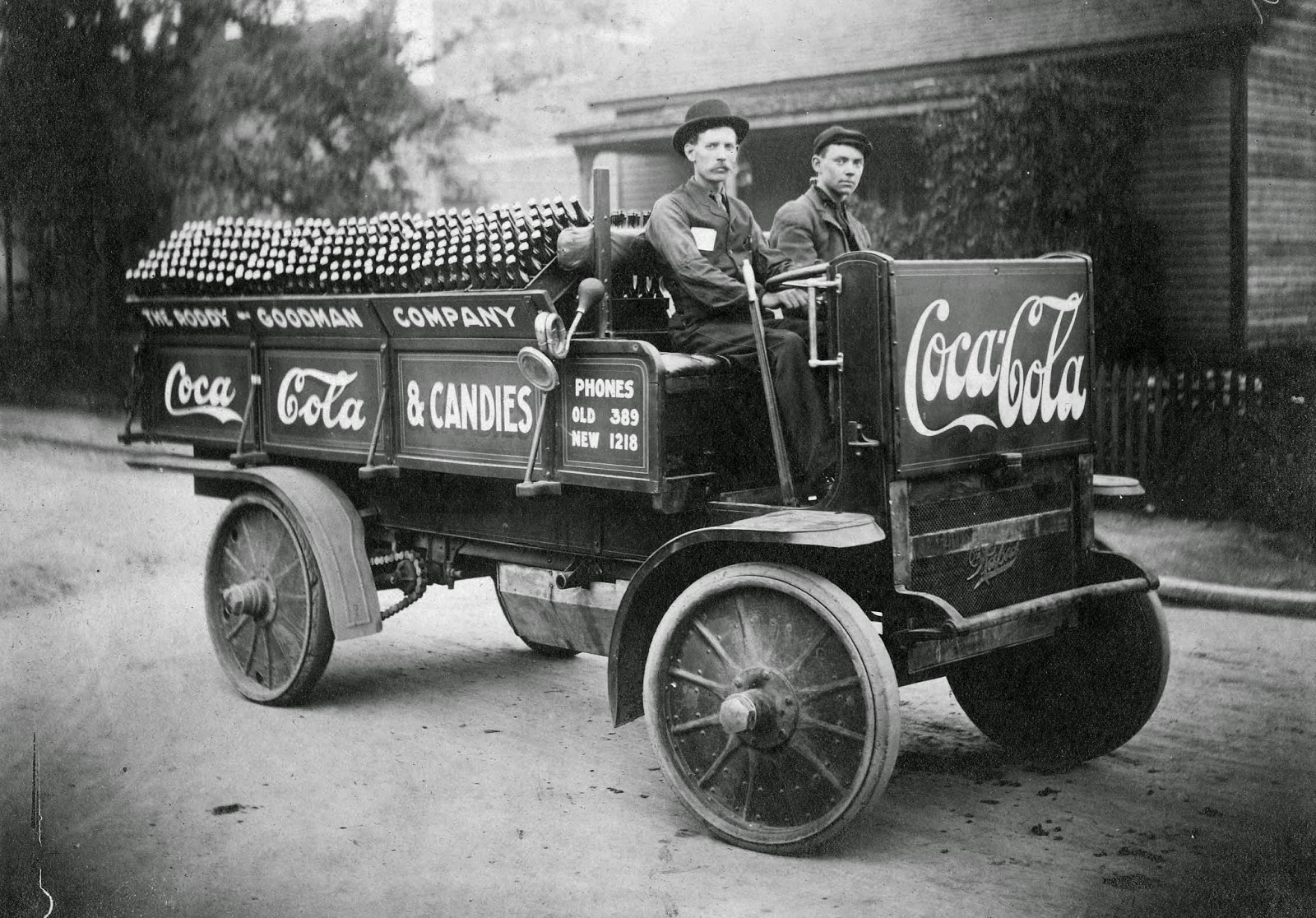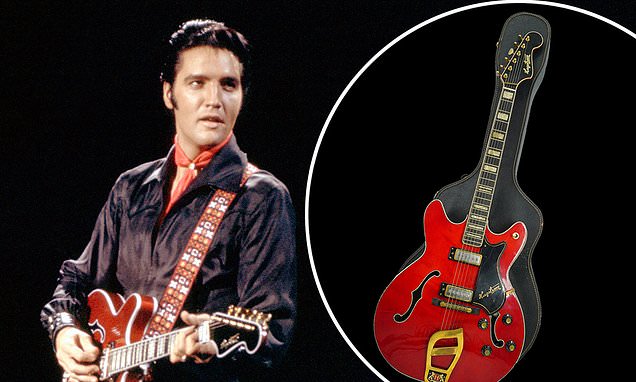McHale's Navy, a sitcom that aired from 1962 to 1966, brought laughter to American living rooms amidst the backdrop of World War II. Set in the South Pacific, the show offered a lighthearted and often wacky take on military life, following the misadventures of a misfit crew stationed on a PT boat, PT-73, commanded by the resourceful Lieutenant Commander Quinton McHale (played by the iconic Ernest Borgnine).

The show's core strength lay in its characters. McHale, a gruff but ultimately good-natured leader, was constantly at odds with the uptight Captain Wallace B. Binghamton (played by Joe Flynn). Binghamton, a stickler for rules and regulations, represented the bureaucratic side of the Navy that McHale so expertly sidestepped. The dynamic between these two characters fueled much of the show's humor, as McHale devised outlandish schemes to outwit Binghamton and secure better living conditions and supplies for his crew, often for the benefit of those stationed on nearby islands.
McHale's crew itself was a motley bunch, each member contributing to the show's comedic tapestry. There was Ensign Charles Parker (Tim Conway), the bumbling and accident-prone officer whose clumsiness often provided slapstick humor. Corporal Lester Gruber (Carl Ballantine) was the ship's cook, notorious for his inedible concoctions that became a running gag throughout the series. Other notable crew members included the sardonic mechanic "Tinker" Bell (Billy Sands), the naive farm boy George Christopher (Gary Vinson), and Virgil Edwards (Edson Stroll), the ever-reliable radio operator.

The central conflict in McHale's Navy wasn't against the Japanese, but rather against the bureaucratic red tape personified by Captain Binghamton. McHale's schemes, often bordering on the absurd, aimed at securing better food, entertainment, and even shore leave for his crew. These schemes ranged from setting up a rigged poker game to swindle visiting officers to establishing a "black market" operation selling luxury items bartered from other islands. While often farcical, McHale's antics resonated with viewers who understood the tedium and frustrations of military life, even in a wartime setting.
Despite its comedic focus, McHale's Navy wasn't without a touch of wartime drama. There were occasional episodes that touched on the seriousness of war, showcasing the crew's bravery and camaraderie in the face of danger. The show also acknowledged the hardships faced by civilians caught in the crossfire, with McHale often using his cunning to help islanders struggling under Japanese occupation.

McHale's Navy's success can be attributed to several factors. The show's writing was sharp and witty, relying on physical comedy, slapstick humor, and clever wordplay. The cast, led by the ever-charismatic Ernest Borgnine, had excellent comedic timing and chemistry. Additionally, the show cleverly subverted the traditional war narrative, offering a lighthearted escape from the grim realities of conflict.
However, McHale's Navy wasn't without its critics. Some argued that the show trivialized war and portrayed the military in an unrealistic light. Others found the slapstick humor childish and unrefined. Despite these criticisms, the show remained popular throughout its four-season run, attracting a devoted fanbase.

McHale's Navy's legacy is undeniable. The show's influence can be seen in countless military sitcoms that followed, such as MASH and H.R. Pufnstuf. The characters, particularly McHale and Binghamton, remain iconic figures in television history. More importantly, the show captured a specific moment in American culture, offering a humorous escape during a turbulent time in history. While war raged overseas, McHale's Navy provided viewers with a much-needed dose of laughter, reminding them of the importance of camaraderie, resourcefulness, and the occasional well-executed scheme.


















